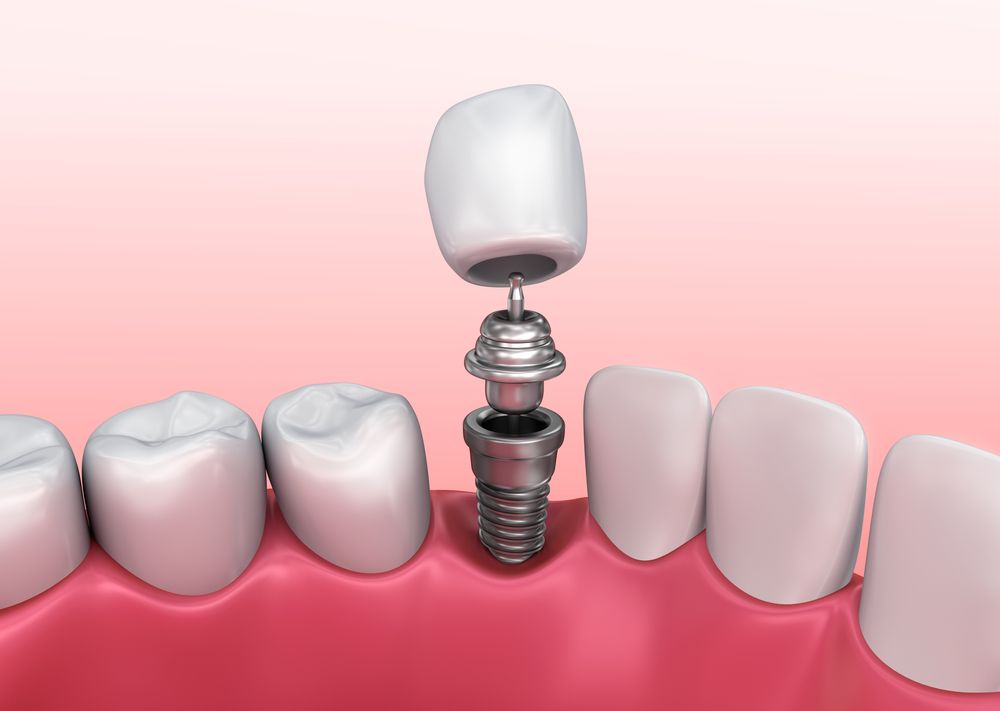Dental Implant Surgery Side Effects
 Dental implants are the gold standard treatment for missing teeth. Dental implant surgery is typically a successful procedure that allows for the future attachment of natural looking replacement teeth. Although patients generally heal well after treatment, dental implant surgery is associated with some side effects.
Dental implants are the gold standard treatment for missing teeth. Dental implant surgery is typically a successful procedure that allows for the future attachment of natural looking replacement teeth. Although patients generally heal well after treatment, dental implant surgery is associated with some side effects.
At Malki Dental, Dr. Stephen J. Malki discusses potential dental implant surgery side effects with patients at his River Edge, NJ practice. Read on for more information about how to reduce the severity of each side effect, and contact our practice to schedule your dental implant consultation.
Pain
Discomfort around the surgical site is one of the most common side effects of dental implant surgery. Patients often begin to experience this localized pain when the effects of the anesthesia wear off.
To reduce pain, patients can take over-the-counter or prescribed pain medication such as ibuprofen and acetaminophen. You may also apply an ice compress over the affected area.
It is also a good idea to eat soft foods and consume more liquids after dental implant surgery. This can help reduce pain that is made worse when moving the mouth and chewing.
Smoothies, soups, mashed potatoes, and yogurt are all examples of foods that are easier to eat after dental implant surgery. Just make sure that there are no seeds or small pieces that can get stuck in the healing incision.
Swelling
Swelling results in inflammation around the incision site. Most often, the gum tissue and jaw area swell after dental implant surgery.
Swelling is a natural healing response that can’t be avoided. However, the severity and longevity of swelling can be greatly reduced.
For 48 hours after surgery, apply an ice compress to the jaw area for 20 minutes, and then leave it off for 20 minutes. Repeating this as often as possible in the first couple of days after surgery will reduce swelling. The key is to do this in the first 48 hours after surgery, as this is when swelling can be reduced.
You can also keep your head elevated and avoid strenuous activity for about a week after surgery to keep swelling levels down.
Bleeding
Some bleeding will occur at the implant incision sites. We generally have patients bite gently on a piece of gauze when they leave our office to encourage the bleeding to stop.
If the incision site continues to bleed after you leave our office, you can use a fresh piece of gauze every 30 minutes. It’s possible that bleeding can continue for up to 48 hours after surgery.
To limit bleeding, patients can also avoid hot foods and drinks. Consume soft, lukewarm foods and beverages. Patients can also apply an ice compress, keep the head elevated, and avoid activity.
Bruising
Bruising may occur around the cheeks and jaw after surgery if patients are prone to bruising. This is a less common side effect.
To minimize bruising after surgery, patients can apply an ice compress, keep the head elevated, and avoid physical activity.
To schedule a dental implant consultation, contact Malki Dental today.


